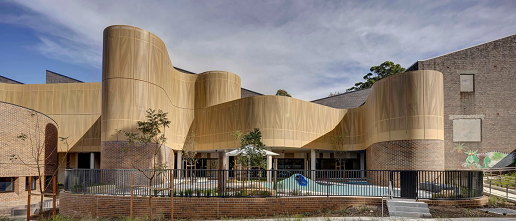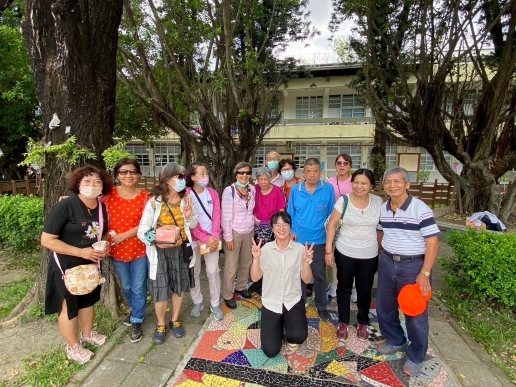According to the Ministry of the Interior’s National Immigration Agency, "New immigrants refer to those who come to Taiwan for marriage, immigration, and settlement from abroad." Statistics show that the population of new immigrants who have obtained Taiwanese nationality and ID cards has exceeded 650,000, surpassing the 570,000 indigenous people of Taiwan, making up about 2.5% of the total population. Taiwan, a country with a diverse coexistence of ethnic groups, is gradually moving towards a positive acceptance of all ethnic groups. This shift is reflected in the terminology used; early terms like "foreign spouse" or "foreign bride" have been replaced with "new immigrant" in both official and public usage.
Over the past 30 years, most new immigrants have come from Mainland China, followed by Vietnam, Indonesia, Hong Kong, Macau, and the Philippines. This diversity presents challenges, particularly for those from Southeast Asia, due to language and cultural differences, leading to psychological stress and difficulty in adapting to life in Taiwan.
Common Psychological Issues and Coping Strategies for New Immigrants and Transnational Marriages:
- Language Barriers: Unfamiliarity with local languages can lead to loneliness and impact family communication, such as deepening mother-in-law and daughter-in-law conflicts. New immigrants are encouraged to participate in Mandarin or Minnan language courses to improve daily communication and build a support network of friends.
- Cultural Adaptation Issues: Differences in cultural customs and lifestyle habits can cause anxiety and depression. New immigrants should acknowledge cultural differences and gradually adapt to the new culture, maintaining connections with their homeland for support.
- Worrying About Social Stigma: Many second-generation immigrants from Southeast Asia worry about academic performance and discrimination from classmates. Schools should promote cultural harmony, and new immigrants should use counseling resources to build self-identity and self-worth.
- Identity and Belonging: New immigrants may struggle with dual cultural identity and belonging. Seeking advice from successful role models or using counseling services can help them find their place in Taiwan.
Mental health is a significant and complex issue for new immigrants. Untreated mental health problems can lead to more severe conditions. Besides promoting cultural friendliness in Taiwan, new immigrants should actively engage in self-care, using tools like the mBMI psychological health check (https://twmhcpa2020.wixsite.com/home/mbmi) to monitor and improve their mental health.
Many local governments offer specialized psychological counseling services. For example, Taipei City Government provides free counseling activities for new immigrants. The Ministry of the Interior’s National Immigration Agency provides a toll-free hotline: "1990, We Will Help You" in seven languages, including Chinese, English, Japanese, Vietnamese, Indonesian, Thai, and Cambodian, providing consultation on living and adapting to life in Taiwan.
Author: Li Yuchan(李玉嬋)
Currently a Distinguished Professor in the Department of Life and Health Counseling Psychology at National Taipei University of Nursing and Health Sciences, President of the Association of Medical and Health Counseling Psychology, and President of the Integral Happiness Promotion Association.
Long-term advocate for public mental health promotion, psychological counseling, and grief counseling. Created and promoted the "National Mental Health BMI - Friendship and Happiness Heart Nurturing" self-management solution to prevent depression through preventive psychology and enhance psychological resilience and happiness.







